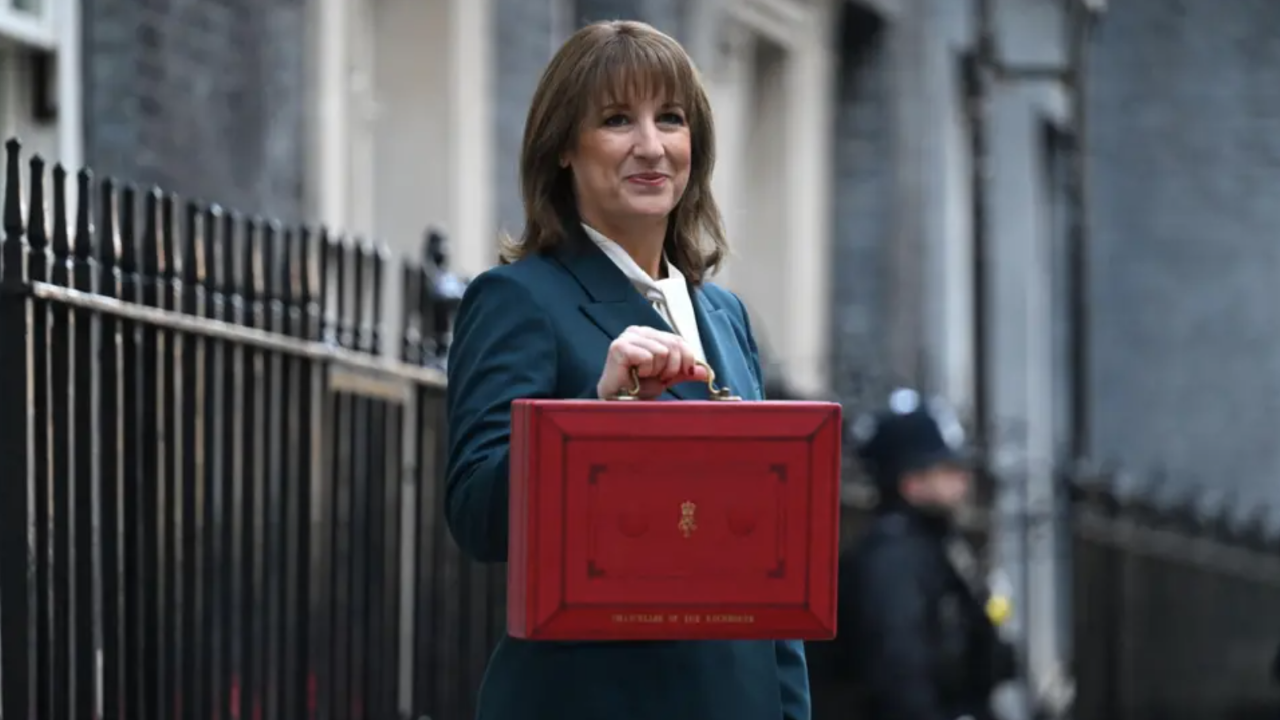What Does A Weak Pound Mean For Me?
Oct 05, 2022
On Friday 23rd September the Chancellor (Kwasi Kwarteng) delivered his Mini-Budget which sent the pound falling to a record low against the dollar.
What's in the Mini-Budget?
The main points of the budget in relation to tax cuts are:
-
Corporation tax will not rise, as expected, and will remain at 19%.
-
The basic rate of income tax will be cut from 20% to 19% in April 2023.
-
They announced that the 45% higher rate of income tax would be scrapped but they have now U-turned on this and it will no longer be abolished.
-
The recent 1.25% increase to National Insurance in April will be reversed from 6th November 2022.
-
The 1.25% increase in dividend tax in April will be reversed from April 2023.
-
There will be no Stamp Duty Land Tax (SDLT) payable on the first £250,000 of a property's value in England and Northern Ireland, effective from September 23rd. This has increased from £125,000. For first time buyers this has increased to £425,000 from £300,000. The maximum value of a property on which first-time buyers' can claim relief increased from £500,000 to £625,000.
What does the Mini-Budget mean for me?
The Government has claimed that the tax cuts mean that employees will take home, on average, an extra £330 a year from the National Insurance reduction. Basic rate taxpayers will save an extra £130 a year from the income tax changes and the dividend tax cut is expected to save dividend taxpayers an average of £345 next year.
Why is the pound falling?
How does a falling pound affect me?
1. More expensive trips abroad
For those in the UK who are travelling abroad, you will get less for your money, particularly if you are travelling to the US, making your trips more expensive. The fall in the value of the pound could also see airlines and package holiday providers face increased costs (such as an increase in the costs of fuel, which are usually denominated in dollars), which they may pass on to the customers. However, the falling pound could make the UK more attractive to tourists who are looking for a cheaper holiday.
2. Higher prices of goods and services
3. Higher fuel and energy costs
4. Higher repayments for some mortgages
Forecasts are predicting that interest rates will hit 6% next year. Increasing interest rates will lead to increases in people's mortgage repayments who are on a tracker or variable rate, which is around 2 million people in the UK. Those coming to the end of their fixed rate or looking to buy for the first time will have fewer and more expensive deals to choose from. Fixed rate mortgages depend on interest rate expectations as well as the rate today, which is why lenders are withdrawing mortgage deals in order to re-price them.
5. Lower retirement pots for pensioners
Many workplace pensions are invested in lifestyle strategies, whereby the portfolio invests more in Government bonds as they get closer to retirement. Government bonds, known as gilts, are seen as low risk but last week some bonds fell by 20% in 2 days. In response to the pounds fall, Government bonds were being sold off and the Bank of England had to step in to avoid a panic in the pension market and also to prevent Government borrowing costs from spiralling out of control. The Bank of England has promised to buy up to £65bn of bonds over the next few weeks to support their values. Pensioners with a lot of gilts in their pensions will see a fall in their retirement pot. Those who live abroad will also suffer as their pensions are paid in pounds, which won't go as far as before as their expenses are in stronger currencies.
To listen to our podcast on this topic and others, please click here. You can listen on all major platforms. If you would like to sign up to my newsletter, which provides free information and guidance on all things money, please scroll to the bottom of the page and enter your name and email address.






